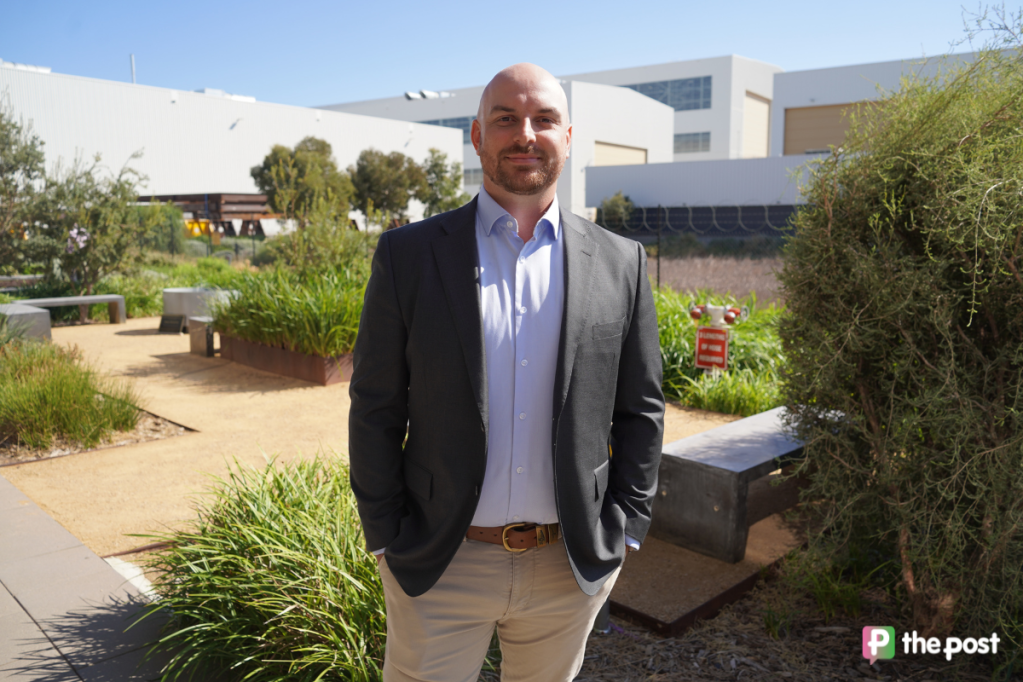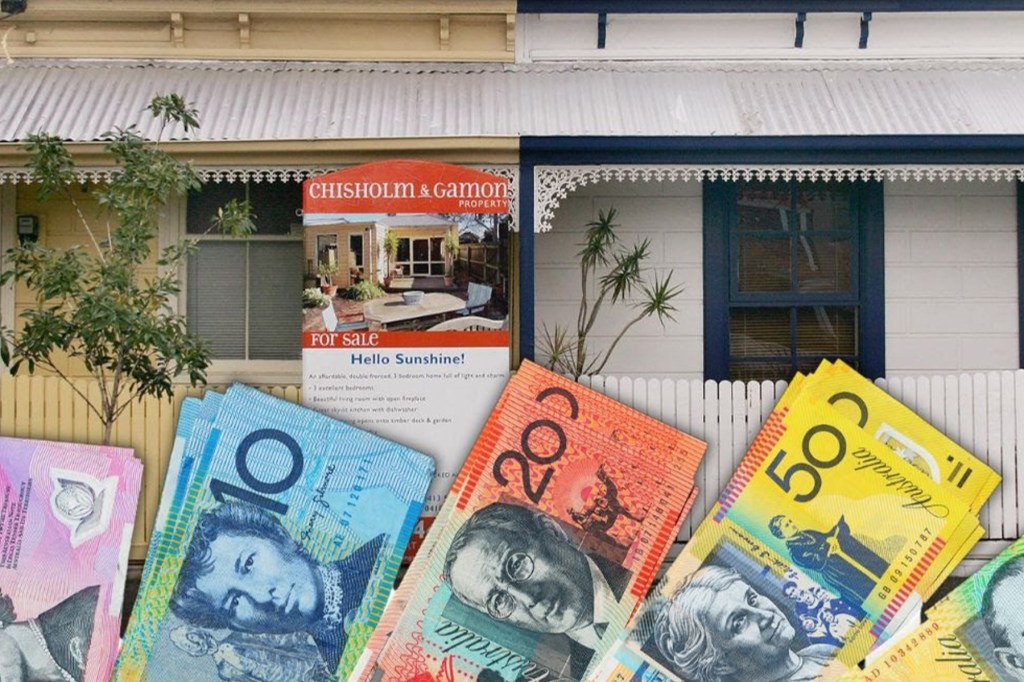Coalition’s pitch to ‘mortgage prisoners’ as house prices soar
The Coalition will promise to ease home lending rules as the Reserve Bank reveals its next move on interest rates.
A Dutton government would ease home lending rules if elected, to help young Australians who don’t have access to the “bank of mum and dad” enter the housing market.
Shadow housing spokesman Michael Sukkar will reveal details of the Coalition’s housing promise in an election pitch to the outer suburbs on Tuesday.
He will reportedly tell a property conference in Melbourne that the housing market has become biased in favour of inherited wealth, The Australian reports.
One of Peter Dutton’s first moves as prime minister would be to direct the Australian Prudential Regulation Authority to lower the serviceability buffer when assessing an applicant’s ability to repay a loan.
The Coalition would rewrite APRA’s statement of expectations to support home ownership and fair access to finance.
Sukkar will reportedly say that access to finance is becoming almost unattainable for the typical worker amid restrictive and cumbersome lending regulations.
Onerous home lending rules are locking Australians out of the market and creating a class of “mortgage prisoners”, he will reportedly say.
You might like
“Right now, Australians without access to the ‘bank of mum and dad’ are punished by higher borrowing costs – even when the actual risk is the same or lower,” Sukkar will reportedly tell the conference.
“That’s a systemic bias in favour of inherited wealth. We will remove it.
“The Coalition will not accept a situation where a generation of Australians do not have the same opportunities for home ownership that previous generations have enjoyed.”
House prices edge higher
The pitch comes as property prices are back near record highs and the Reserve Bank is expected to keep rates on hold on Tuesday.
House values increased 0.4 per cent over March, according to CoreLogic’s national Home Value Index, after the RBA cut interest rates in February for the first time in four years.
There were price increases in every capital city except Hobart, along with all the rest-of-state regions.
“Improved sentiment following the February rate cut is likely the biggest driver of the turnaround in values,” CoreLogic research director Tim Lawless said on Tuesday.
Stay informed, daily
The rate cut’s helpful nudge on borrowing capacity and mortgage serviceability also likely helped push the average Australian home to $820,300.
But Lawless said the bump — the second consecutive monthly rise after prices slid 0.5 per cent over summer — might be short-lived “in the face of affordability constraints”.
Interest rates are still well above historical averages, and price-to-income ratios remain near record highs.
Home values in Sydney and Melbourne have risen in the past two months but remain below their record highs.
The median home value in Sydney was the highest of all capitals, sitting at $1,104,000 in March.
Canberra had the biggest monthly increase in home prices among the capitals, rising 0.54 per cent month-on-month in March.
The average price of a home in the national capital is $834,000 and it is the third most expensive city behind Sydney and Brisbane.
Melbourne, where the average home costs $781,000, sits behind Adelaide at fifth on the table.
The Reserve Bank is widely tipped to hold the cash rate steady at 4.10 per cent at its interest rates meeting on Tuesday afternoon.
REA Group senior economist Eleanor Creagh said it was a reflection of the central bank’s cautious approach as it examined inflation and labour market trends.
“Housing market conditions have firmed since February’s rate cut,” she said.
“Buyer sentiment has improved, borrowing capacities have increased, and price growth has resumed.”
The bank’s May meeting and the March quarter inflation figure would serve as “the next key trigger for potential cuts”, she said.
Affordability remains stretched but early signs suggested the “modest price declines” of homes in late 2024 had reversed, Creagh said.








